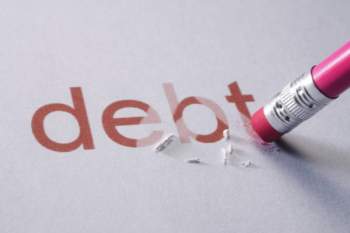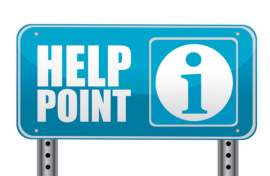
Credit Card Debt

Settling Credit Card Debt Credit card debt is the resulting unsecured debt gained through the use of credit cards. Credit card debt occurs when an individual makes a purchase with a card. When a person is unable to pay the debt off in the appropriate time given, the company often charges a fee or penalty for late payment. This late payment will get reported to credit reporting agencies where it can ultimately lead to a lower credit score. With late or unpaid bills, late fees, and a potentially high annual percentage rate (APR), credit card debt can accumulate quickly. In extreme cases, credit card debt can result in an individual declaring bankruptcy. To prevent this, it is important to take control and prevent even more debt. Debt Settlement Companies While many debt settlement companies cannot guarantee getting a partial payment on a credit card debt, it is possible to have one of these companies negotiate the debt down anywhere from 30 to 70%. Even though the debt may be reduced, it is still important to make payments monthly. Furthermore it can take many months for negotiations to be complete, and credit card payments will still have to be made in the meantime. Debt settlement companies are not allowed to collect any sort of payment before settling or reducing credit card debt. However, they may ask an individual to deposit money in a bank account in advance for the fees. This is okay as long as the account is from an insured financial institution, the individual controls the money, and the debt settlement company does not have any affiliation with the third party who administers the account. Talking to the Credit Card Company Even if the results have been previously unsuccessful, it is a good idea to talk to the credit card lender. Because of a high level of defaults, they are more likely to help manage a short term or long term issue. Credit card lenders may also be more willing to lower the APR to make it more manageable. Getting Help from a Credit Counselor A credit counselor can offer advice on managing money and debts. By law, companies that issue credit cards must provide a toll-free number directing to information about nonprofit counseling groups on the their statement. Counseling can often be found in person, by phone, or online. Other Tips for Credit Card Debt Relief • Cut off credit card use to avoid even more debt. • Pay more than just the minimum on the monthly payments. • Try to develop more frugal habits. • Avoid large purchases until paying off all the credit card debt. • Transfer the debt to a lower interest credit card. • Pay half the minimum twice the month to reduce the monthly average, which will reduce the finance charges that are assessed. • Close the newest accounts to make the average age of credit history older.



















